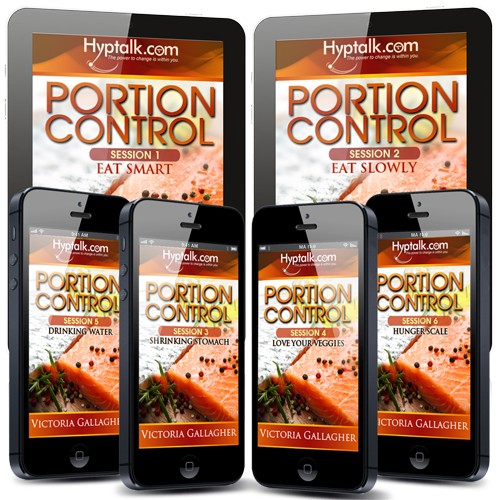Counting Carbohydrates
Weight - Information Overload
Food contains carbohydrates, fats, and proteins as sources of energy, plus many other important ingredients like vitamins and minerals. The carbohydrates in food have the most impact on the blood sugar. High fat foods can contribute to obesity, heart disease, and higher blood sugars in the long run.
Are you a Carbohydrate Addict?
Car-bo-hy-drate Ad-dic-tion:
A compelling hunger, craving, or desire for carbohydrate-rich foods;
an escalating, recurring need or drive for starches, snack foods, junk food, or sweets.
Carbohydrate-rich foods include, but are not limited to: breads, bagels, cakes, cereal, chocolate, cookies, crackers, danish, fruit and fruit juice, ice cream, potato chips, pasta, potatoes, pretzels, rice, pie, popcorn, and sugar-sweetened beverages.
In addition, carbohydrate act-alikes (sugar substitutes, alcoholic beverages, and monosodium glutamate) may trigger intense or recurring carbohydrate cravings and/or weight gain.
Is Counting Carbohydrates the Answer?
* Carb-BOOM, Carb Gel, Carb Trapper, Carb SportsDrinks, Carb Blocker, Low-Carb Chocolates, Carb Fighter, Carbs Away... the list goes on and on. Carbohydrate counting has gained wide recognition, particularly in the past several years. Carbohydrates are the first fuel to get burned from your body, before the fat gets burned. The fewer you take in, the sooner you burn fat. Similar to sugar, carbs give you a quick boost of energy, but then they may bring you right back down if they aren't utilized properly, like for a good work-out.
* There are MANY schools of thought on carbohydrates. Some suggest a high carbohydrate diet, and most suggest a low carbohydrate diet. And still others, for example Dr. Atkins, suggests little or no carbs for the first couple of weeks, which sends your body into a state of Ketosis, in which your body literally becomes a fat-burning machine. Few people I know of have had luck in MAINTAINING the very fast and very significant weight loss you CAN experience using this method.
* My suggestion with carbs is that you set up what works best for you. You read as much as you want about it, see what the various opinions about it are and make a determination that works best for you. You have to trust your own internal instincts when it comes to choosing what works best. Begin by monitoring the carbs you're taking in, and then maybe cut back 20% for a week and see if you notice any improvement.
* In my opinion... (and with so many out there is there anything other than that?) there are good carbs and bad carbs. I think it's o.k. to have fruit, which are carbohydrates. I think that when it comes to items that have been processed, starched, bleached, etc. the context of the real food had changed and you're body has to process it differently and it doesn't benefit you in any way. So, just be aware that when man was created, there were no machines that processed food the way we do now. The chemistry of food has changed significantly and yet our bodies have stayed the same.
* If you are looking for a rule of thumb to go by, I would recommend reading BODY FOR LIFE by Bill Phillips. I think that his program is very effective and efficient. You can get some great information on his site at www.bodyforlife.com. This is where you can find low carbohydrate recipes for a high protein low carbohydrate diet. If I were to design a model for each of my clients to go by, that would be the one I would choose.
* Dr. Atkins' has a new book entitled; Dr. Atkins' New Carbohydrate Gram Counter: More Than 1200 Brand-Name and Generic Foods Listed With Carbohydrate, Protein, and Fat Contents. While I don't necessarily share his dieting viewpoints, at only $4.95, it's certainly a handy tool for those wanting to watch their carb intake as well as fat and protein.
RELATED PRODUCTS:







